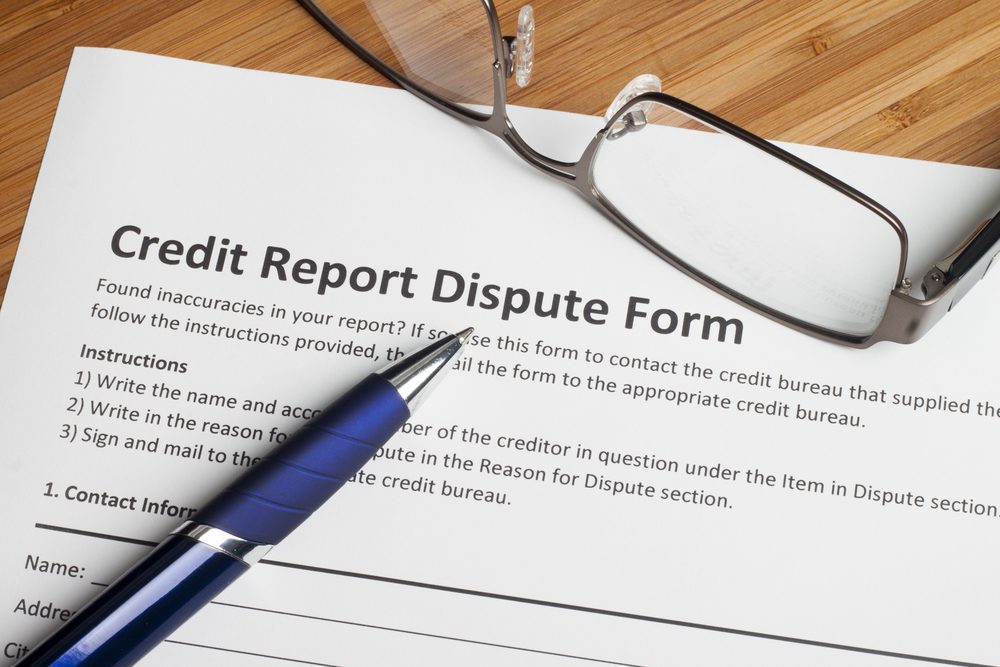Every once in a while, we’re all hit with a real headache on our credit card bills. We look over our expenses and then see a charge that has not been authorized by you pop up.
Best case scenario? You can contact the merchant that made the charge and ask for them to remove it. But let’s be honest, you’re most likely to talk to an unresponsive representative that’s giving you evasive treatment.
If that’s the case (and we’re almost sure it is) then your next course of action should be contacting your credit card company in order to file a credit card dispute. What this means is that the credit card company will act as a mediator between the business and you. On top of disputing the charges, the credit card company will also foot any related finance charges.
Today we’ve prepared 7 answers to 7 burning questions about credit card disputes. Everything you need to know about them is right here, so the next time this happens to you you’ll know exactly what to do and what you’re faced with!

What Does It Mean To Dispute a Charge on a Credit Card?
Though the term ‘dispute’ might sound aggressive, like an argument, it’s simply a legal term. The Truth in Lending Act and Fair Credit Billing Act requires that all disputes be handled in a specific way, so when you begin the process it simply means you disagree with a charge or a fee.
This is also known as a chargeback, so if and when you hear that term you should be aware that they’re one and the same.

How Does Disputing a Credit Card Charge Work?
During a credit card dispute, all you have to do is kick back and wait as the credit card company and the merchant in question are handling the dispute privately.
Once you notify your credit card company, they will withhold the amount of money in question while the investigation is underway. As they do this, they will also notify the merchant or business as to why this is happening, offering them a certain period of time to review your complaint.
During this time they must respond with store policy, a signed card slip, or proof of delivery of the item or service to the credit card company. They may lose the dispute either by failing to provide the necessary information in due time or if the credit card company rules against them. But let’s rewind for a few moments.
Once your credit card company receives the documents they will start reviewing them. If you’re in the right then the funds, including fees and charges, will be removed from your account. If not then you’ll be responsible for the charge.

Do Banks Really Investigate Disputes?
Sadly, a lot of Americans think that starting the dispute procedures is necessary. That may be because the charge is relatively low and it won’t affect their bottom line. But, most commonly, they do so because they don’t think anyone will take them seriously.
If, for example, you’ve been on the phone with the business’ customer service for a while only for them to refuse a chargeback, you might think there’s no point in escalating the matter. If the merchant won’t bother, why would a bank?
The thing is, banks take these disputes very seriously. The law requires them to send you a written acknowledgment within 30 days after you notify them of the potentially fraudulent charge. Then, they have 90 days to resolve the dispute, which could either end in your favor or not.
If you truly haven’t made the purchase then it’s tremendously likely that you’ll win.

How Long Do You Have To Dispute a Credit Card Charge?
You have 60 days to dispute any charges on your credit card that you disagree with- 60 days since the transaction, not 60 days since you noticed said transaction. That’s why it’s particularly important for you to start reviewing your statements every month, in order to catch any such instances.
A common occurrence with merchants that disagree with your dispute (before you contact your bank) is that they’ll purposefully stall their ‘investigation’. This tactic ensures that you’ll go over the 60 day period, after which you won’t be able to initiate a chargeback.
If after one phone call it doesn’t seem like they’ll offer you a positive resolution, go ahead and call your bank. It’s best not to fall for the stalling tactic, otherwise, you probably won’t ever see your money again.

What Types of Credit Card Charges Can You Dispute?
There is a myriad of reasons for you to initiate a chargeback. Do any of these sound familiar? Then go ahead and contact your bank as soon as possible!
- You don’t recognize a transaction
- You’ve been billed for items you’ve never received or have already returned
- You’ve been charged twice for the same purchase or item
- You’ve been charged for something that was not delivered as agreed with the merchant
- You didn’t authorize the transaction
- The company never credited your card account back as agreed
- The charge was for the wrong date or the wrong amount
- The goods or services were not as promised by the company
- The company charged you for goods or services that you did not accept

How Do I Dispute a Credit Card Charge?
Many would argue that contacting the business is the best and fastest way to get your money back. This can be the case, of course, if the business operates in good faith. But as mentioned earlier, some shady retailers or service providers might try to stall you so that you’ll miss the 60 day period of disputing the charge.
This is what will happen as you take the next logical step- contacting your bank. You can either do this on your card account or by phone.
Once you’re in contact with them you must provide details about the transaction such as the date and amount in order for them to identify it. You must also provide a reason for your dispute, which could be one of the ones listed above. Couple this with any evidence you have in order to solidify your case.
Your bank will then provide a written acknowledgment of your dispute within 30 days. Now all you have to do is wait for the merchant to provide the documents mentioned earlier in this article.

What Happens After You Dispute a Charge?
Your consumer rights will be legally protected after you submit a dispute. That means that you don’t have to pay the charge, nor any fees associated with it. The creditor cannot negatively impact your credit score either, so rest assured you’re covered in that department as well!
Furthermore, you are legally entitled to a decision within 90 days! You could win, lose, or compromise with a settlement. In the event that you lose, the creditor is required to provide why.
That’s why it’s best to provide them with any and all evidence at your disposal, as it can greatly help your case, no matter the sum of money in question! Need a nifty organizer to keep you on track? Amazon has some amazing finds!
Did we help shed some light on credit card disputes and the proper steps you have to take? Let us know how you’ve dealt with such issues both with merchants and credit card companies!
And for some other great tips, check THIS out!










